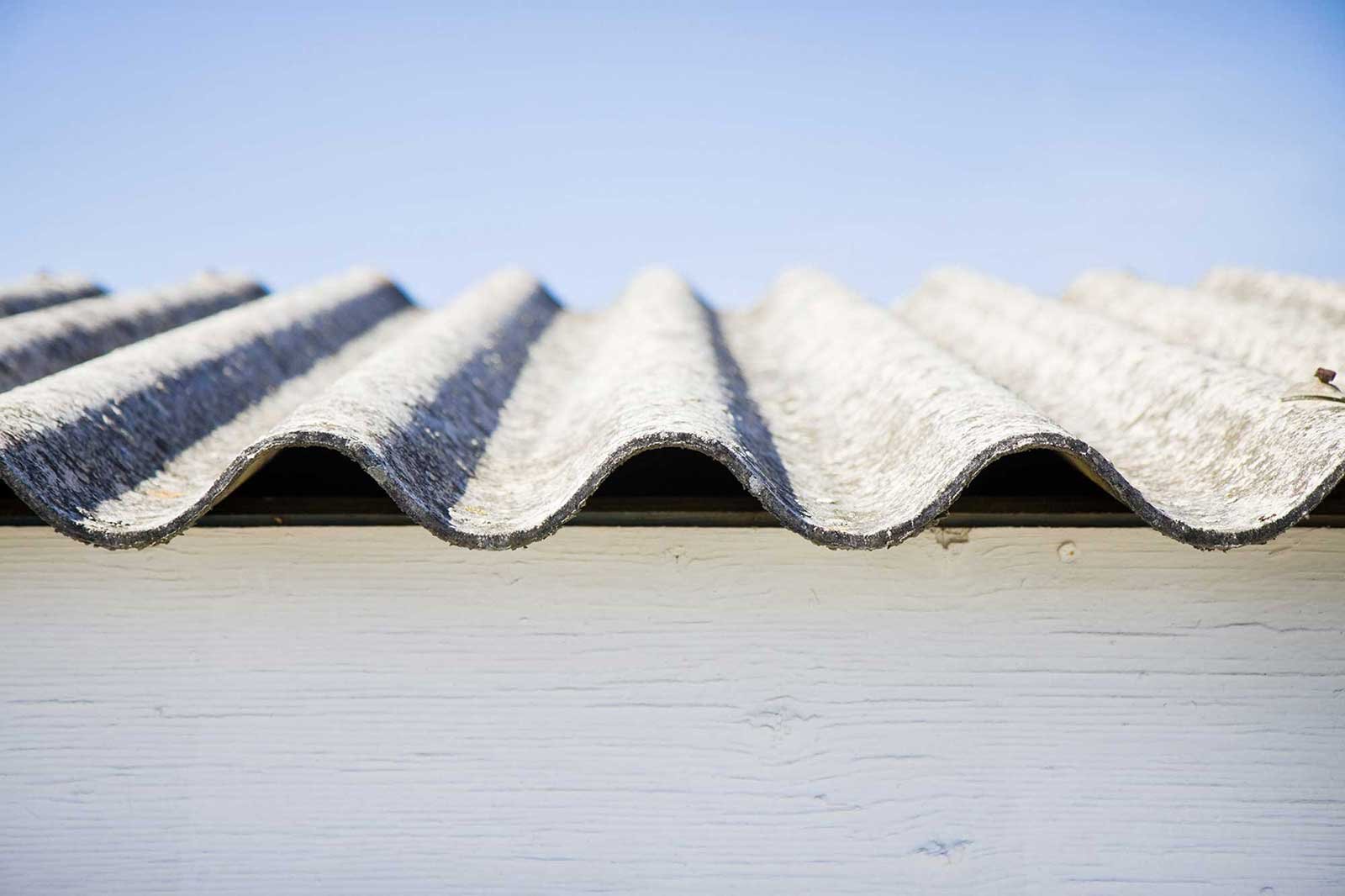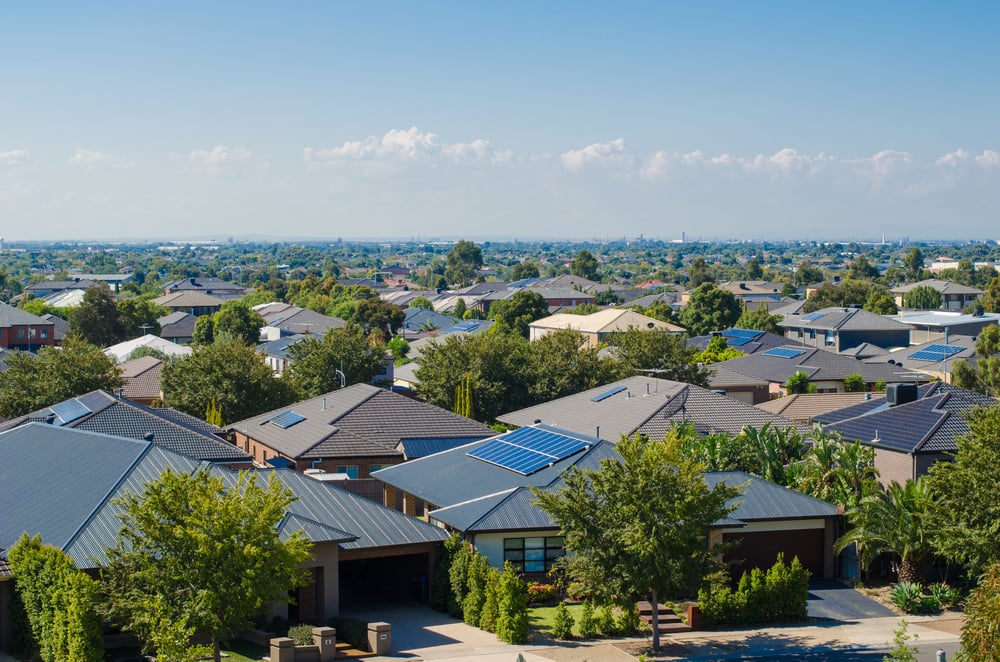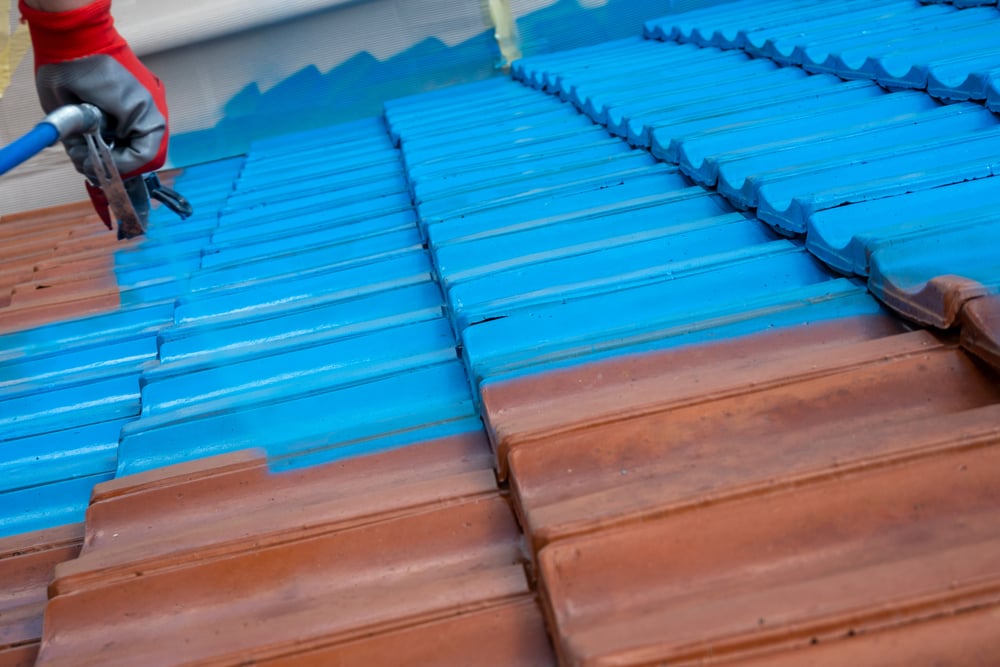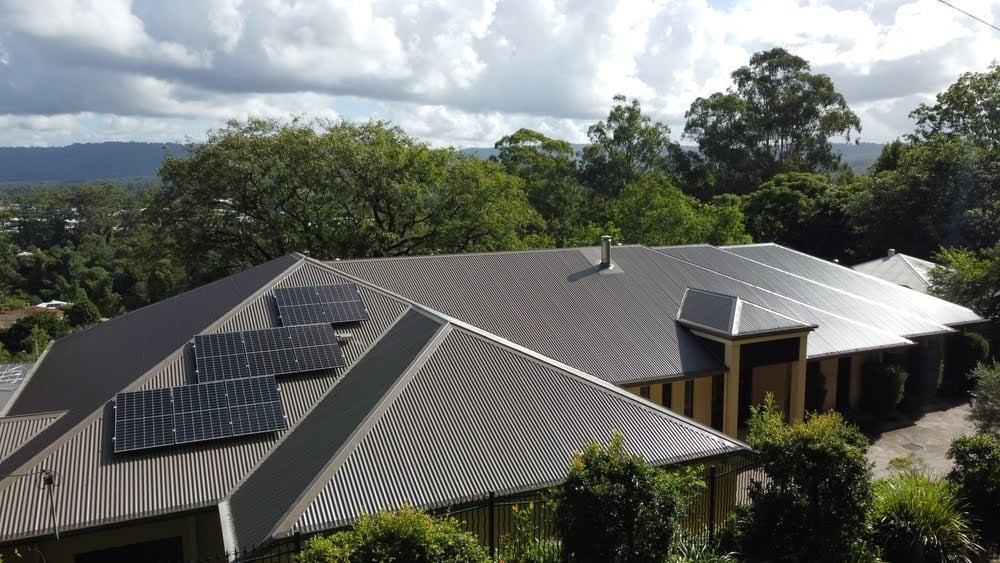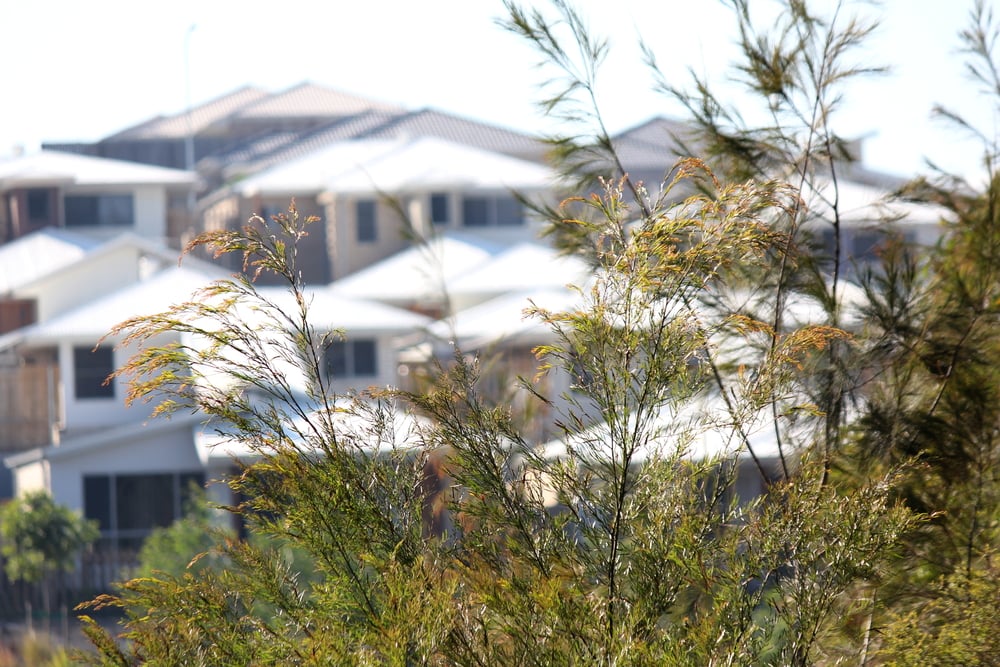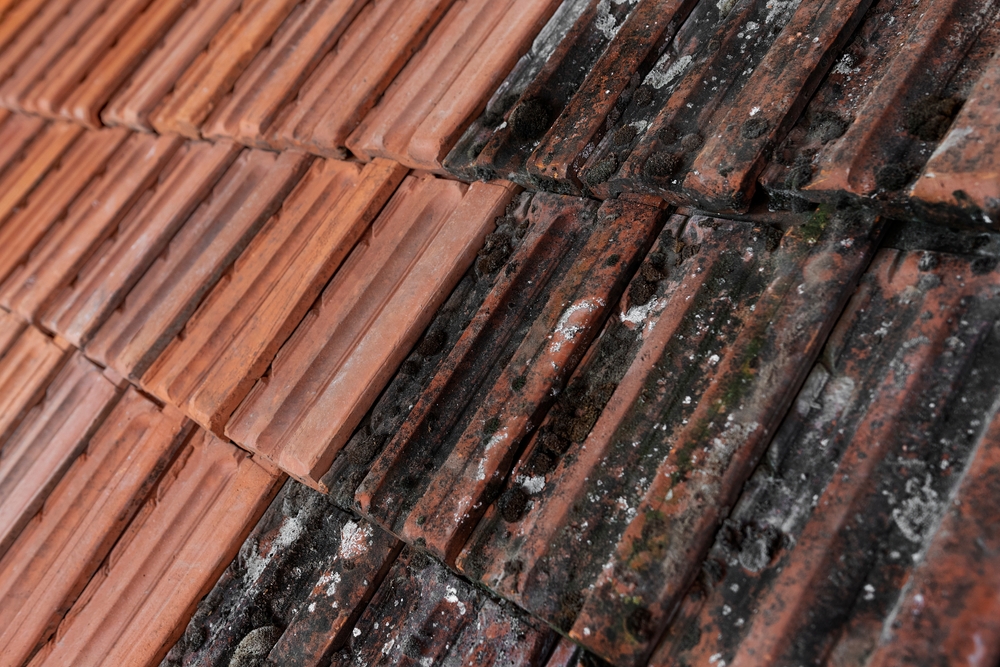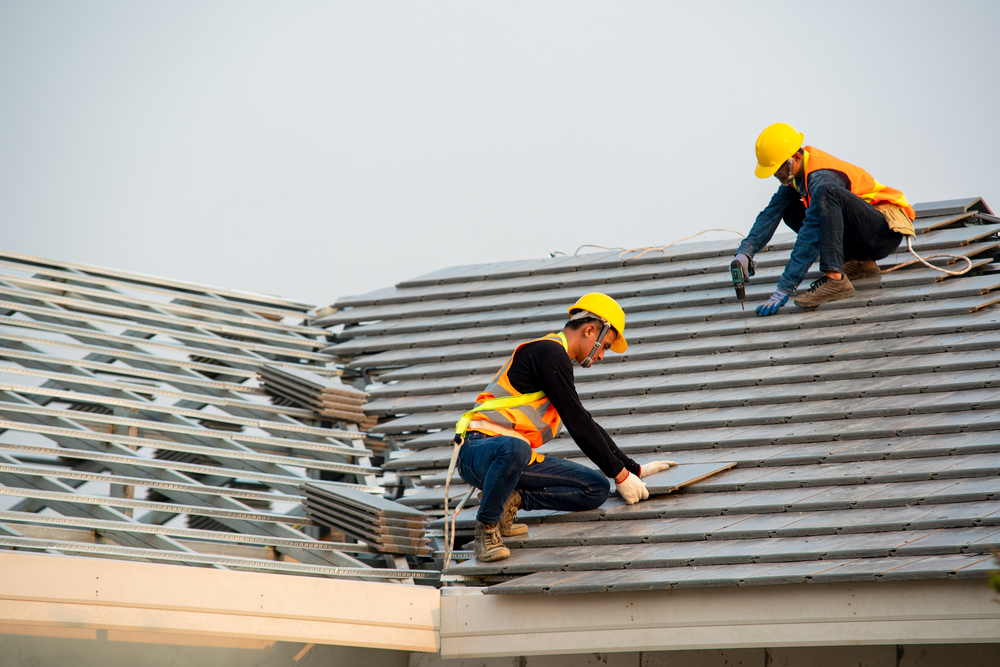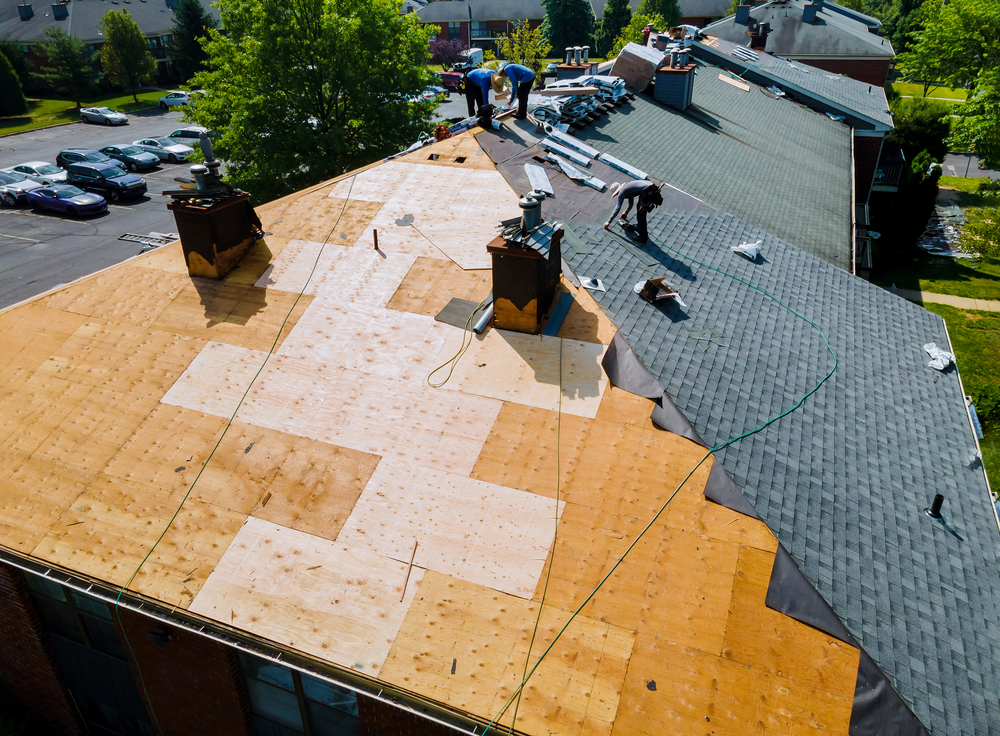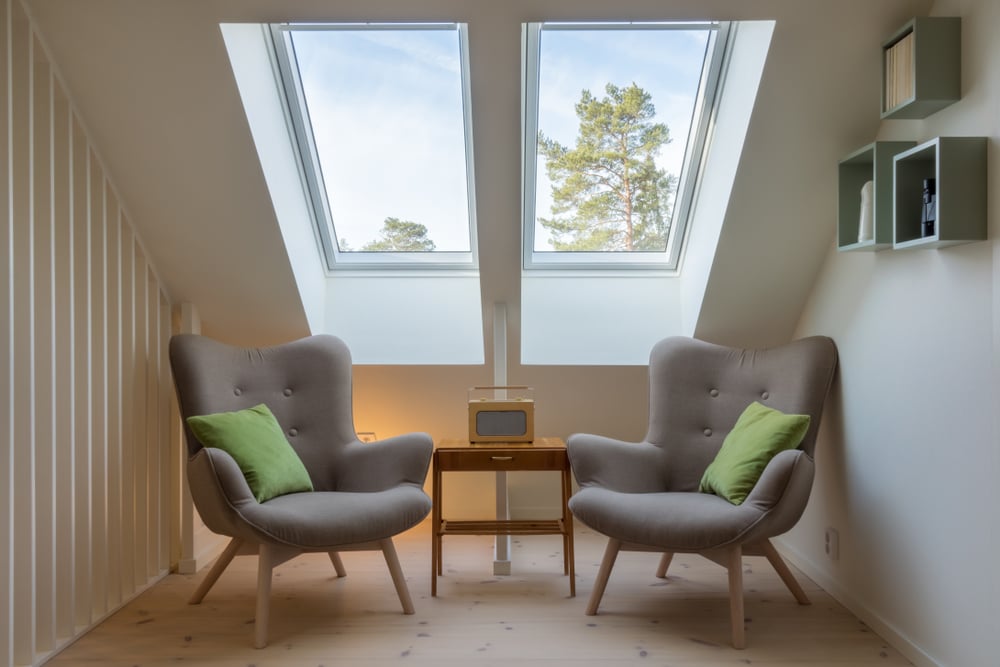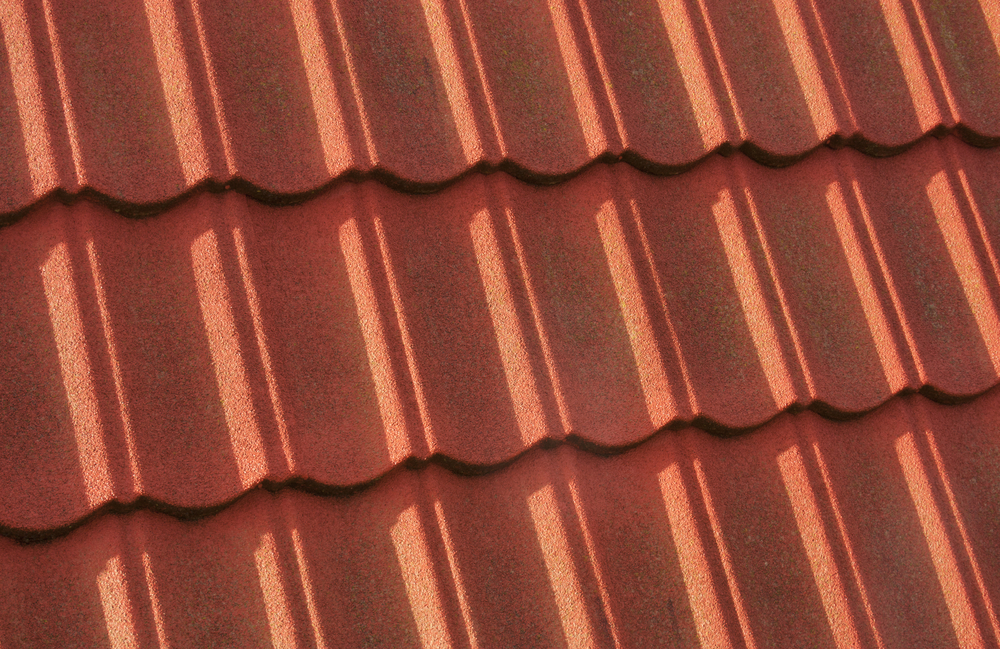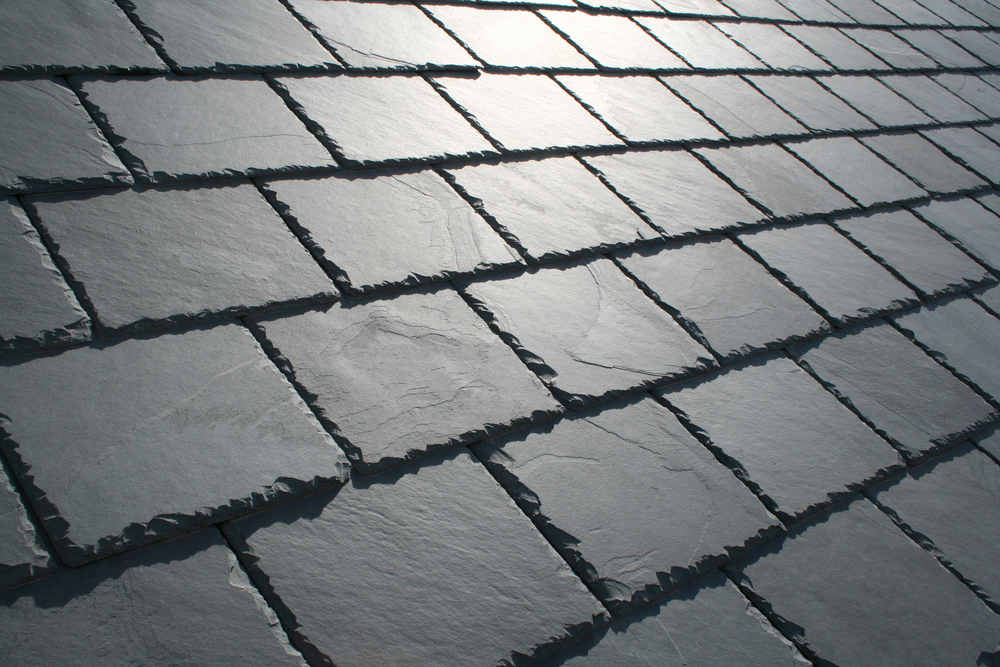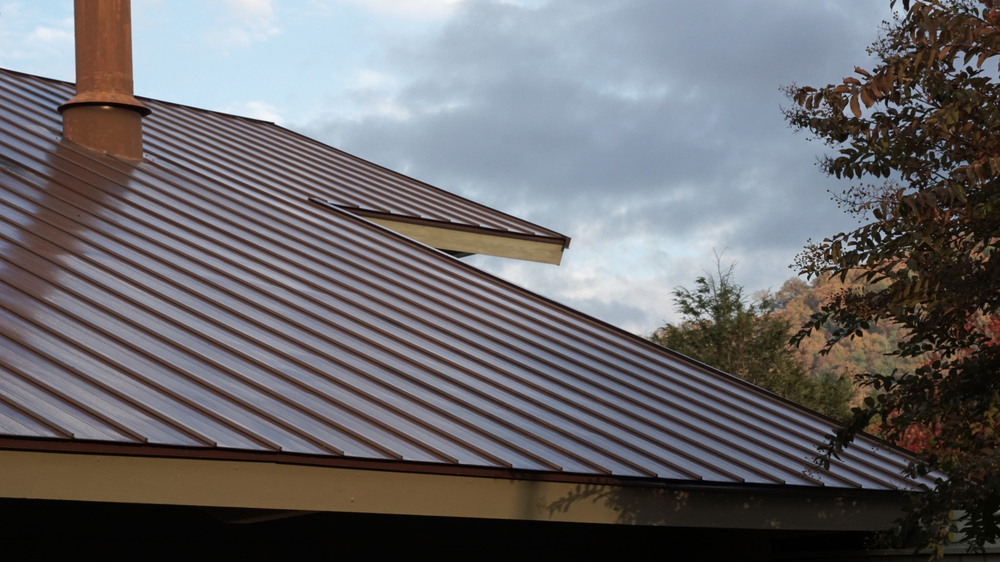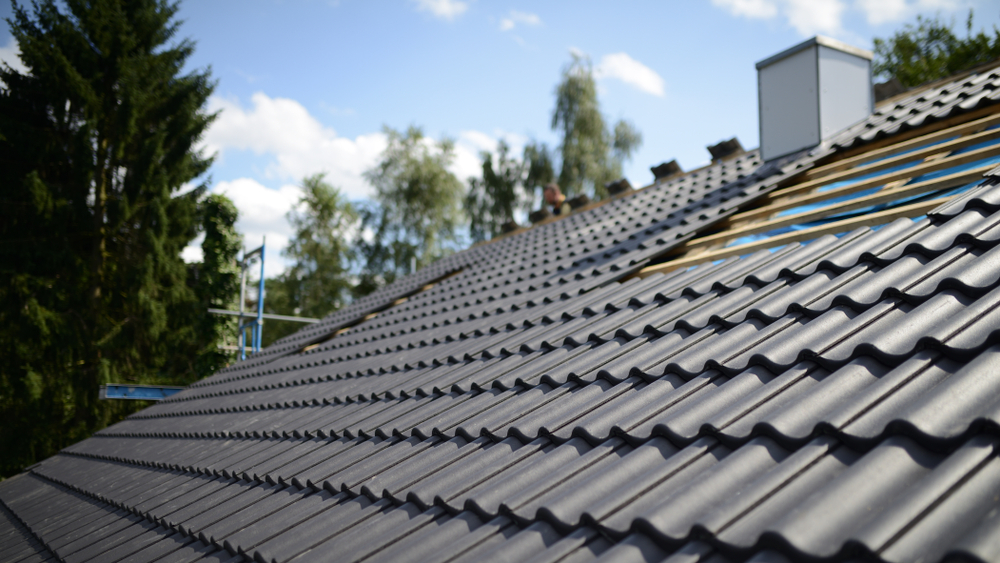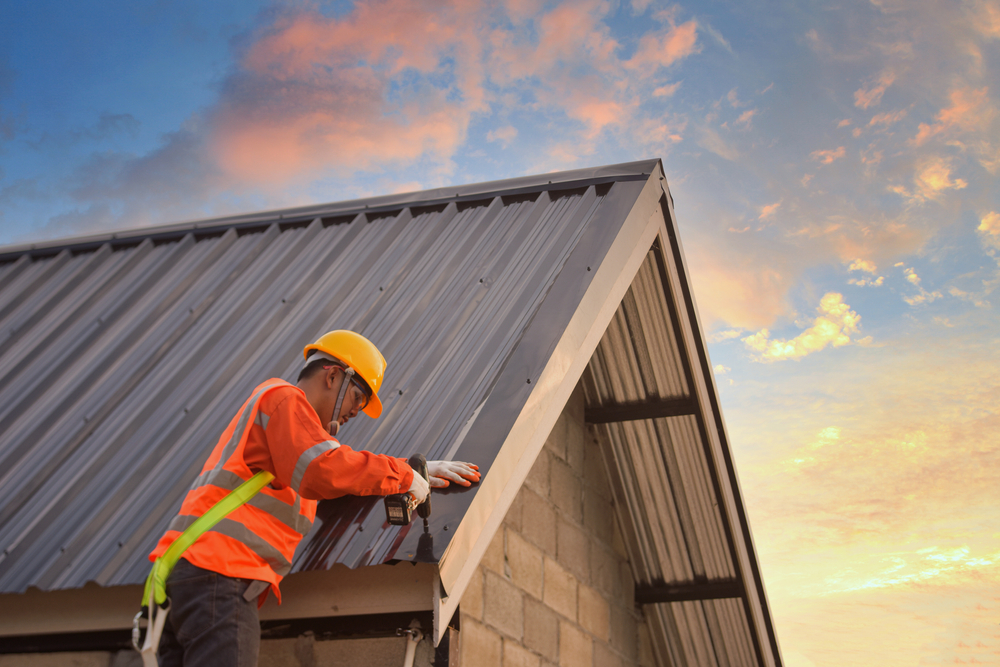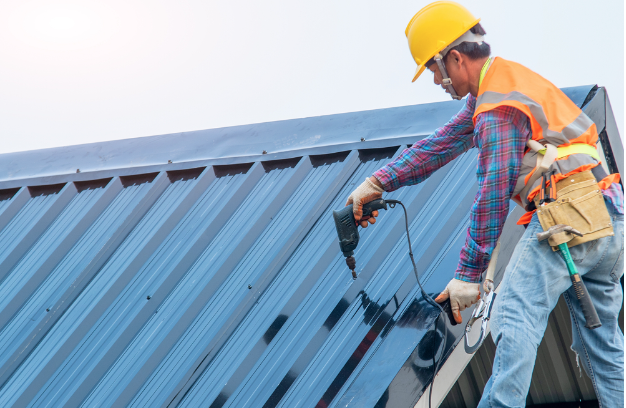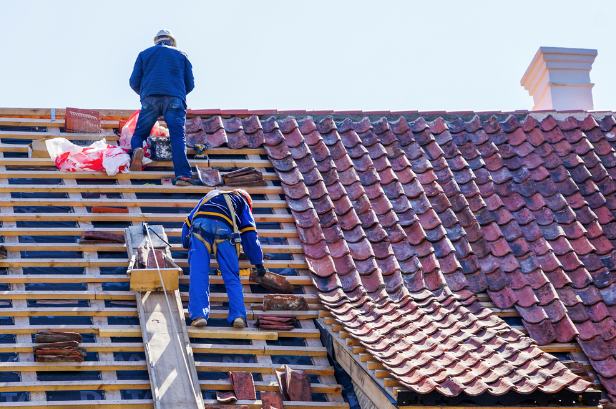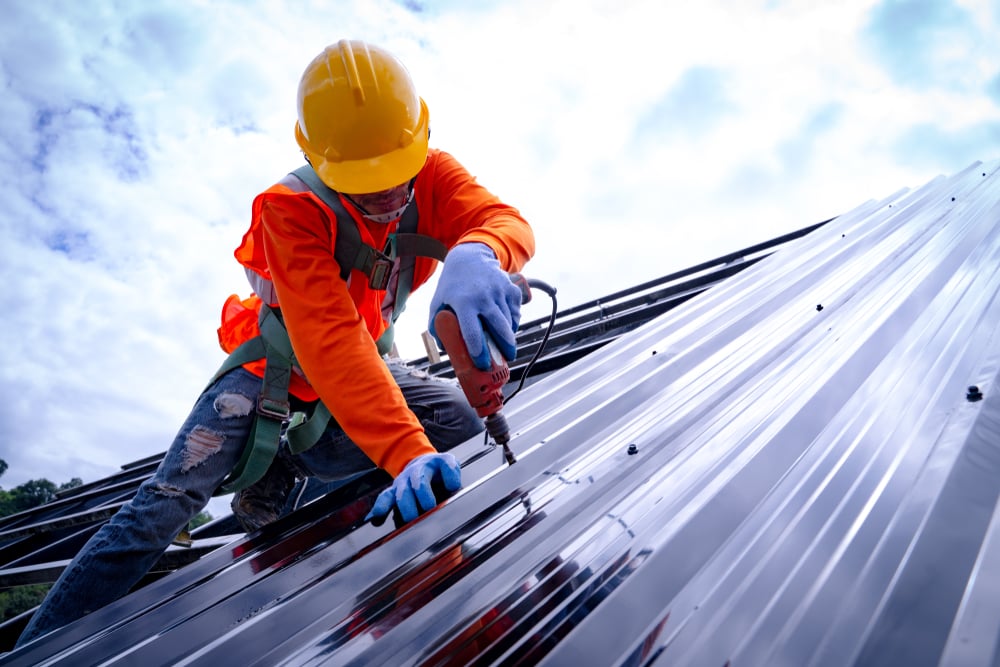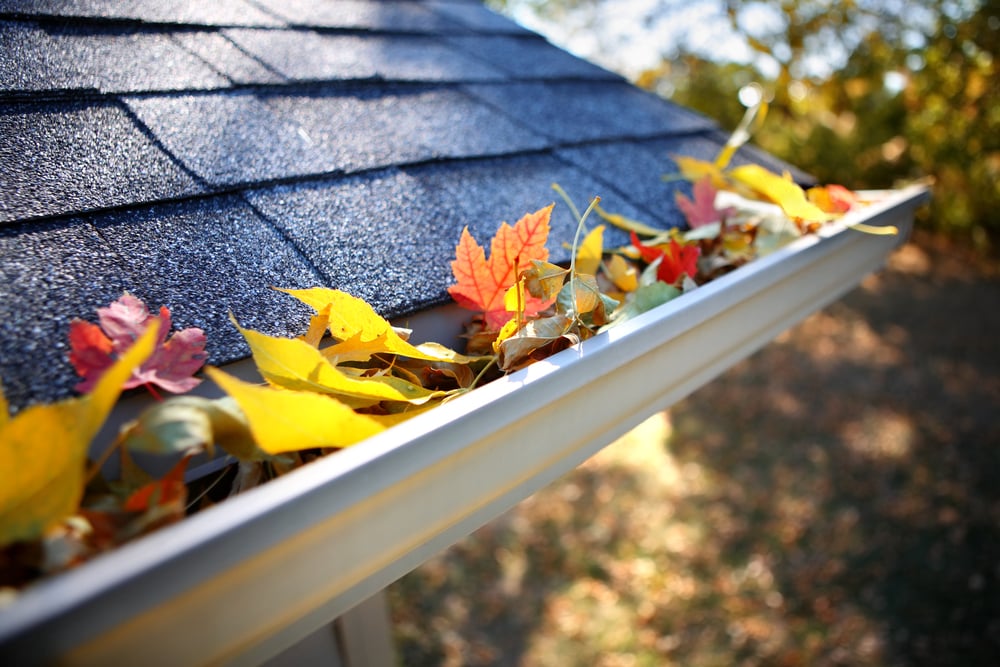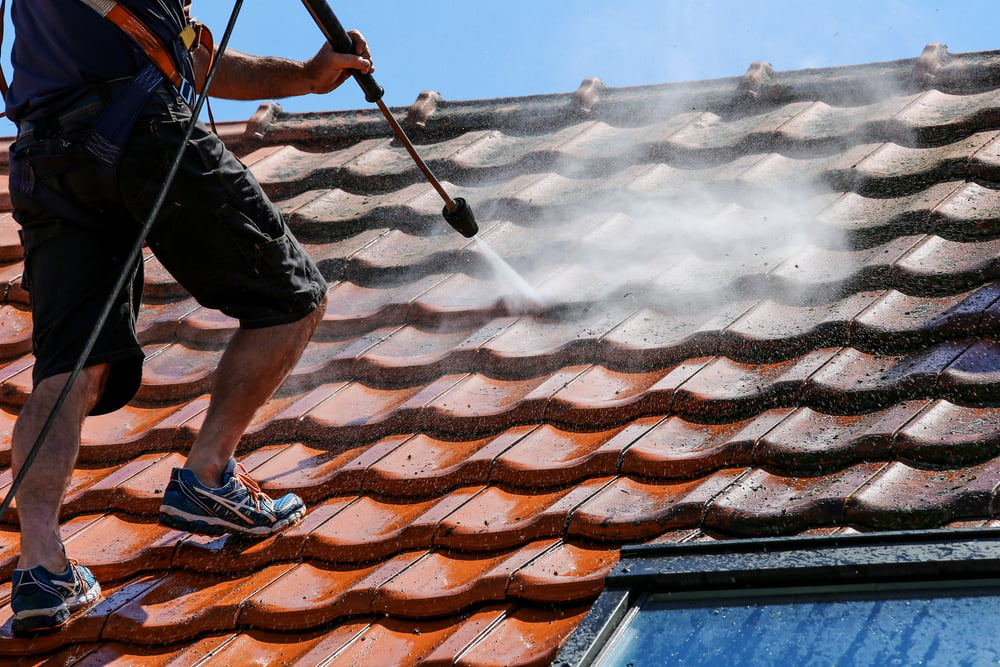
Jul
How to Save Your Roof in Bushfire-Prone Areas
Did you know that Australia is considered to be the country most prone to bushfires? In this post, we discuss the best ways for roof fire prevention.
Bushfires in Australia are a common phenomenon and occur frequently during the hot summer months. However, in some states, bushfires can occur all year round, even in winter like in Northern Australia.
According to Emergency Management Australia, bushfires often begin on farmlands or grazing lands. Lightning and even very high temperature can also start fires, particularly when dry leaves serve as fuel and the surroundings are filled with hot, dry air.
Bushfires can cause catastrophic damage, destroying properties, livestock and even taking human lives. Unless homeowners take action and take preventive measures, their homes are at great risk next time there is a bushfire.
How To Prep Your Roof For Bushfires
Homes usually catch fire from flying embers coming from nearby burning forest or grasslands. Although these burning particles can get through your windows, doors or any gaps in your walls, the most vulnerable part of your home is your roof.
So how can you prevent forest fires from ravaging your roof? Here are some excellent tips:
- Inspect what’s in your roof and gutters. If there is a build up of leaves or sticks, remove them completely. If you don't already, install quality metal gutter guards to prevent build ups happening.
- Missing or cracked roof tiles should be replaced immediately. Also, cover crevices or gaps that can collect debris.
- Install water reservoirs or water tanks around your house and make sure they are always filled with sufficient water. Also, have a high-pressure water pump ready to go and ensure that you have hoses long enough to reach around your house.
- Avoid storing flammable items in your attic and house, or close to your property, as they can ignite quickly.
- Know what you're painting your roof with, as some paints can be flammable. If you are building a new house, choose Class A fire resistant roofing materials like metal tiles, slate, or concrete and clay.
- Think about roof sprinklers. If you have a large house, installing a few on your wide roof could provide extra protection against ember attack. Roof sprinklers are generally made of metal materials and have metal legs for support so they are highly portable. Make sure you also add fire-resistant hoses to them and even think about installing them on your garage roof as well. Start your roof sprinklers once you see fire about one hundred yards away.
Preventing fires around your home:
- Make sure there are no trees or shrubs that can burn easily around your home. You may want to cut them down, but depending on where you live you might have to seek council permission. Look out for pine trees and eucalyptus trees especially, as they have a high oil content and can easily ignite.
- Keep your grass mown short, especially during very hot summers when grass easily dries out. Stack the cut grass far from your home or bag it for garbage collection. Some people pile it into a compost pit to make garden soil.
- Cut or prune all dead branches, trees, bushes, and debris that is close to your house.
- Don’t stack fuel or firewood close to your house - not even inside your garage or workshop. Make a separate area for your firewood several meters away from your house.
- Put external metal screens on your doors and windows to prevent flying embers getting inside your home.
- Experts advise that your home should be at least 20 metres away from trees and vegetation to be safe from flying embers. However, wind speed and direction can change at any time so the farther your house is from trees and dry grass, the better.
In Australia, fire prevention week is observed every April 28 to May 5. However, homeowners living in fire-prone areas should always be conscious of prevention measures, particularly in bushfire season.
But remember, if you ever find yourself in an emergency situation you should follow instructions from local authorities or call Triple Zero (000).



